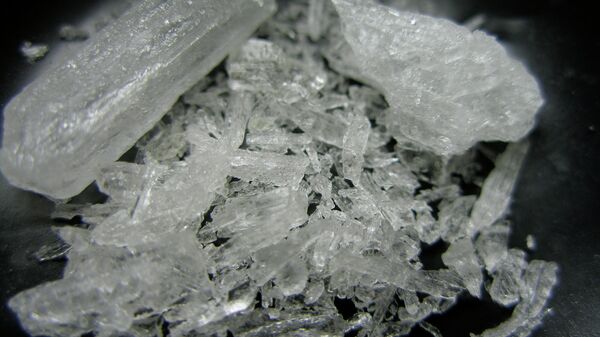DRY AND HIGH/ @ATabarrok: Alcohol ban means more meth. Prohibition is gateway to crime. http://t.co/zQbFNGOqxX pic.twitter.com/OHkZvVFPQl
— Robert Graboyes (@Robert_Graboyes) September 25, 2015
Researchers at the University of Louisville found a connection between local alcohol prohibitions and the number of methamphetamine abuse cases. It appears that so-called “dry counties,” in which sales of hard liquor are restricted, have much higher levels of meth-related crimes than counties where liquor is either partly forbidden or free to sell, the Washington Post reported.
The findings rest on the theory that that people who purchase liquor illegally in places where it is restricted become familiar with black market networks, through which drugs are also trafficked – that, in turn, makes them more like to try illicit substances such as meth.
"Our results add support to the idea that prohibiting the sale of alcohol flattens the punishment gradient, lowering the relative cost of participating in the market for illegal drugs," the study reads.
"Alcohol prohibition becomes a gateway to other illegal activities," Tyler Cowen wrote in his blog Marginal Revolution.
The state of Texas shines as another example: the state saw a 14-percent decrease in drug-related fatal crimes after cancelling its alcohol ban, as many switched from using drugs to drinking alcohol, according to the paper published in the Journal of Law and Economics.
The study suggests that regulations on the sale of alcohol and light drugs — like marijuana — should be made with a kind of less-is-more approach, as too-strict measures can bring about rather unexpected results.




